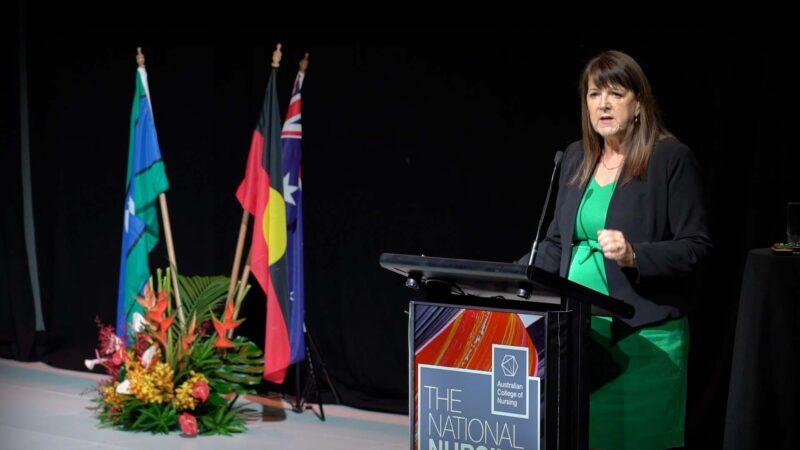With an urgent need to manage increasing rates of chronic disease, an ageing population, and a rapidly-ageing primary health care nurse workforce, Australia desperately needs more primary health care nurses to enter the workforce before the current generation retires and cannot pass on its skills.
Most nurses start their career in a hospital. Historically, it was difficult for universities and tertiary education providers to arrange placements for student nurses in primary health care. However, the APNA Student Nurse Placement Program provides student nurses with a foot in the door to a career in vibrant primary health care settings such as general practice or community health to perform supervised activities.
The placements allow students to experience the role of a primary health care nurse, in a small ratio environment, usually 1:1.
Advantages of joining the APNA Student Nurse Placement Program include:
– Workplaces are paid for being involved in the project
– Nurse supervisors are supported throughout the placement
– Workplaces can build a pipeline of prospective employees
– Two- to three-week placement windows available throughout the year
– Education and professional development for nurse supervisors
APNA’s SNPP is allowing nursing students play a vital role in primary health care settings while simultaneously accruing their essential clinical placement time under the supervision of experienced primary health care nurses.
There are more than 108 Victorian and 32 interstate organisations registered with APNA’s SNPP. The program is set to place 1000 students in high quality placements with multiple primary health care providers in 2022. The SNPP program includes clinics in Ballarat, Bairnsdale, Swan Hill, Portland, and Mildura, and also facilitated student nurse placements in NSW, the ACT, South Australia, Queensland and Tasmania.
Australian Health Journal spoke to Samantha Moses, Founder and Nurse Ambassador at APNA and the APNA CEO Ken Griffin about the program. Also in conversation are a student nurse who has completed placement and Veronica van Galen a Practice Nurse based in Winchelsea Medical Clinic in Victoria on the benefit of student placements through the program.
Scaling up this program so that it can be coordinated nationally would provide a workforce pipeline of motivated and skilled nurses who could help alleviate the staffing crisis in aged care homes, general practice, and other primary health care settings across the country.
Placing more student nurses in primary health care settings to carry out supervised learning and skills training would also support higher rates of screening for chronic disease which is forecast to increase due to COVID-19.
You Might also like
-
Role of the Chief Nursing Officer
Professor Alison McMillan PSM spoke with Australian Health Journal about the role of Chief Nursing and Midwifery Officer at the Australian Government Department of Health and Aged Care.
Alison was appointed as our Chief Nursing and Midwifery Officer in November 2019.
In June 2021 Alison was awarded a Public Service Medal for outstanding public service to driving the Government’s national health response priorities during the COVID-19 pandemic, particularly to infection prevention measures.
-
Peak body in child and family services urges prioritising healthcare for kids in care
The Centre for Excellence in Child and Family Welfare (the Centre) is calling on the Australian Government to prioritise healthcare access for children in out-of-home care.
“We have many amazing young people in care with huge potential, but they’re not set up for success,” said Deb Tsorbaris, CEO “Young people and workers tell us that access to health and education assessments is a huge disadvantage.”
-
Misinformation impacts routine vaccines
More significant changes in recent years have been health-related misinformation eroding trust in healthcare professionals, leading to people seeking alternative treatments or avoiding medical advice altogether. This can make it more difficult for healthcare professionals to provide effective treatment and care.
Recent vaccines delivered as part of the COVID-19 response, are having a consequential impact on the uptake of routine vaccines.
Australian Health Journal spoke with Dr Paul Griffin, an Infectious Diseases Physician and Microbiologist at Mater Health, and who has been involved in over 150 clinical trials in the field of infectious disease.
Paul talks about the importance of having reputable sources of information that can used to encourage people to understand what is involved in clinical trials and the roles of vaccines.



